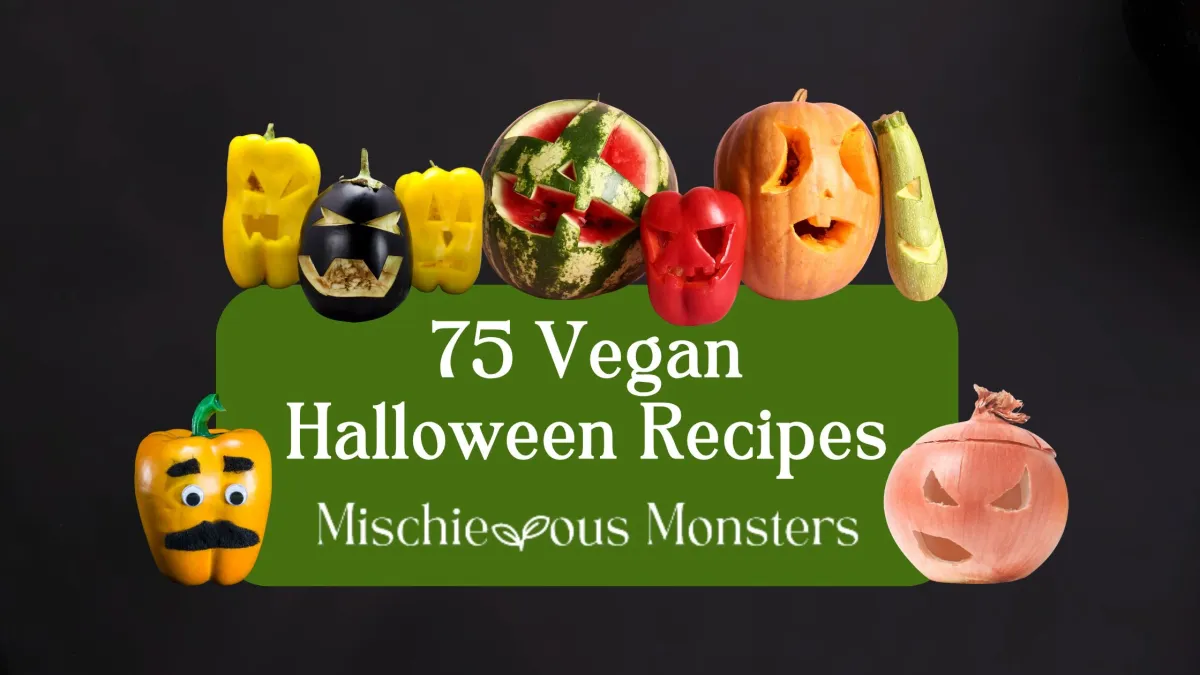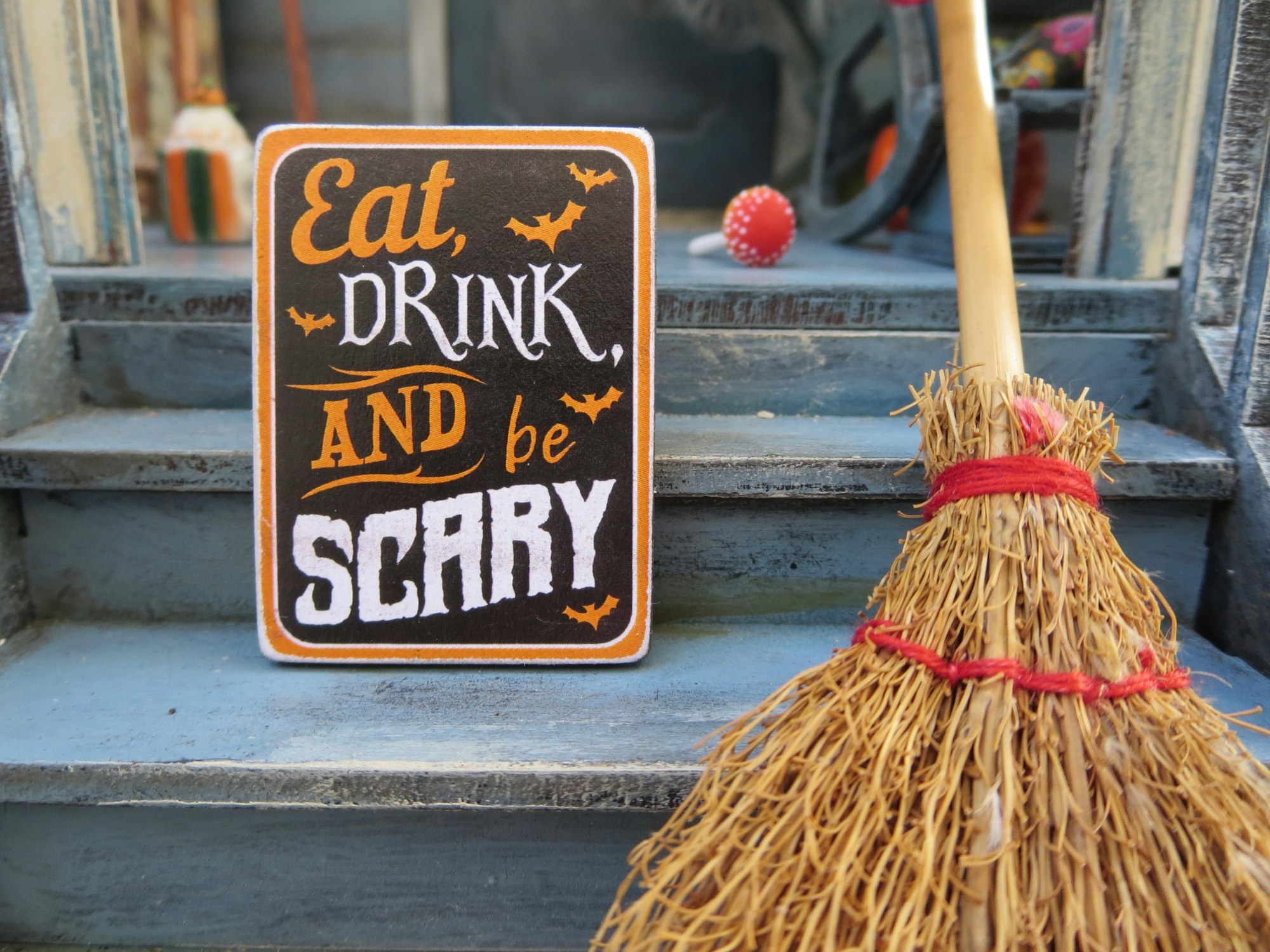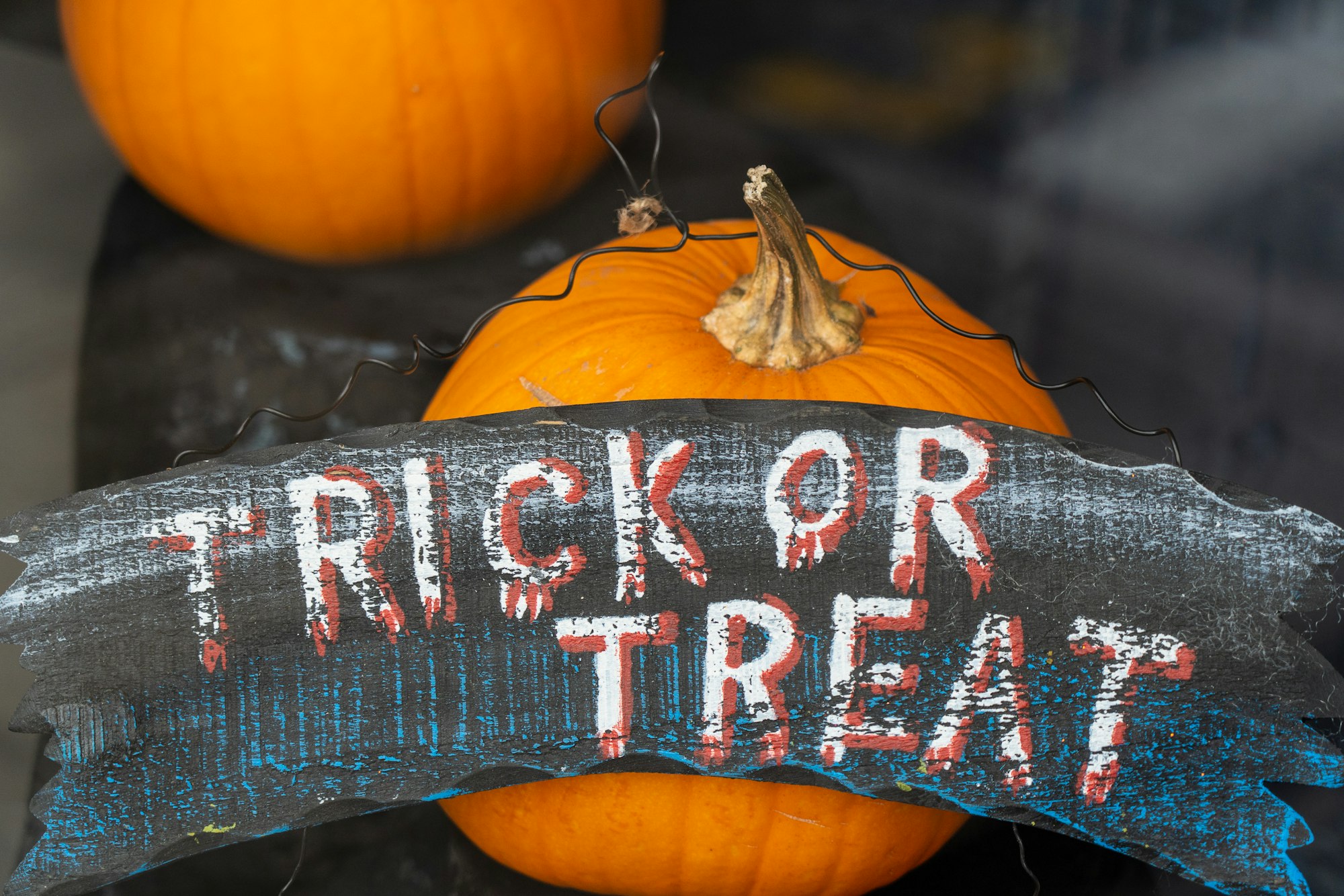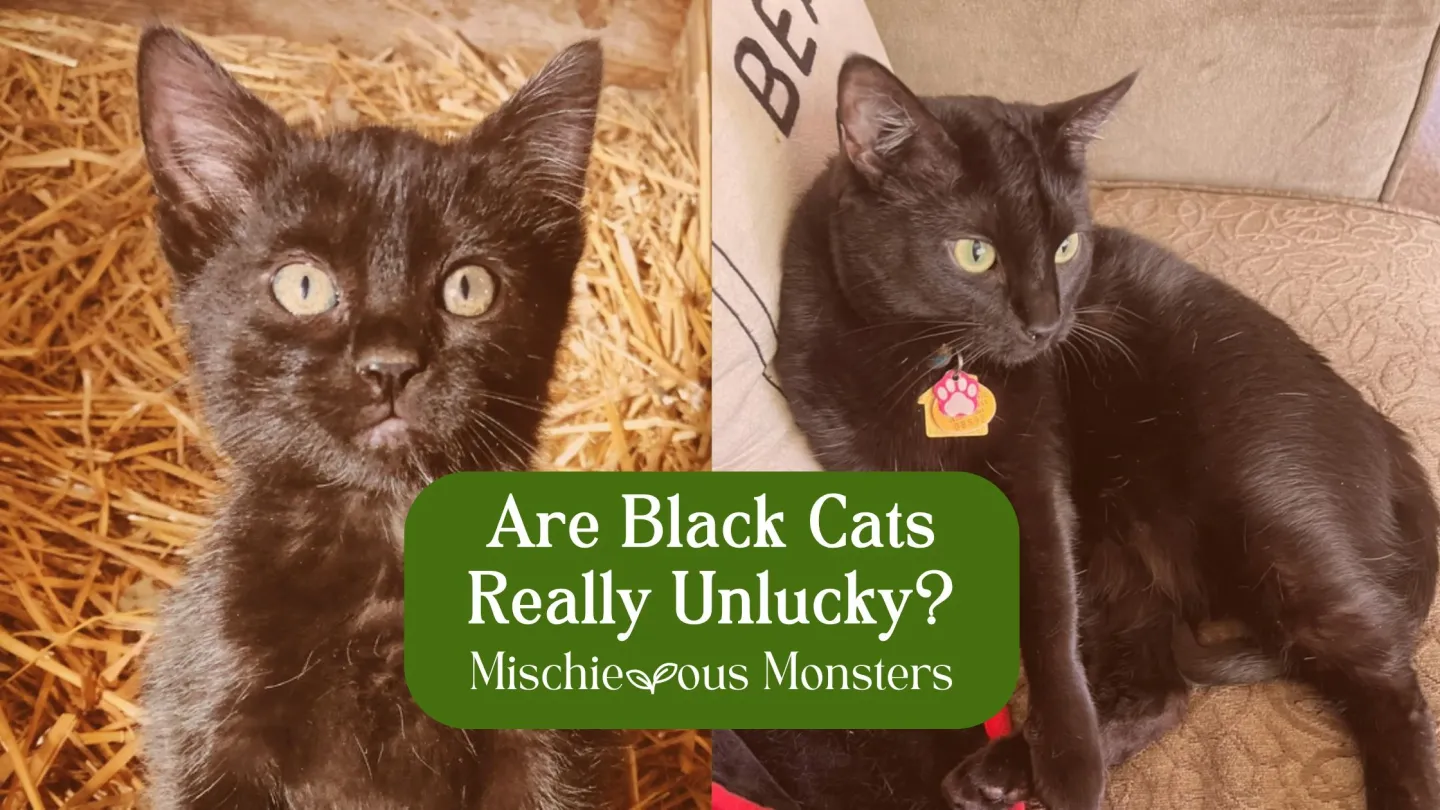Unlucky or Just Misunderstood?
When October rolls around, black cats step into the spotlight—gracing Halloween decorations, starring in spooky folklore, and lurking in age-old superstitions.
Their sleek coats, piercing eyes, and midnight elegance have made them icons of mystery. Yet with that reputation comes a long history of fear and misunderstanding. Are black cats truly harbingers of bad luck, or have they been unfairly judged by centuries of myth and legend?
Perhaps it's time to look beyond superstition and see these captivating creatures for what they really are.
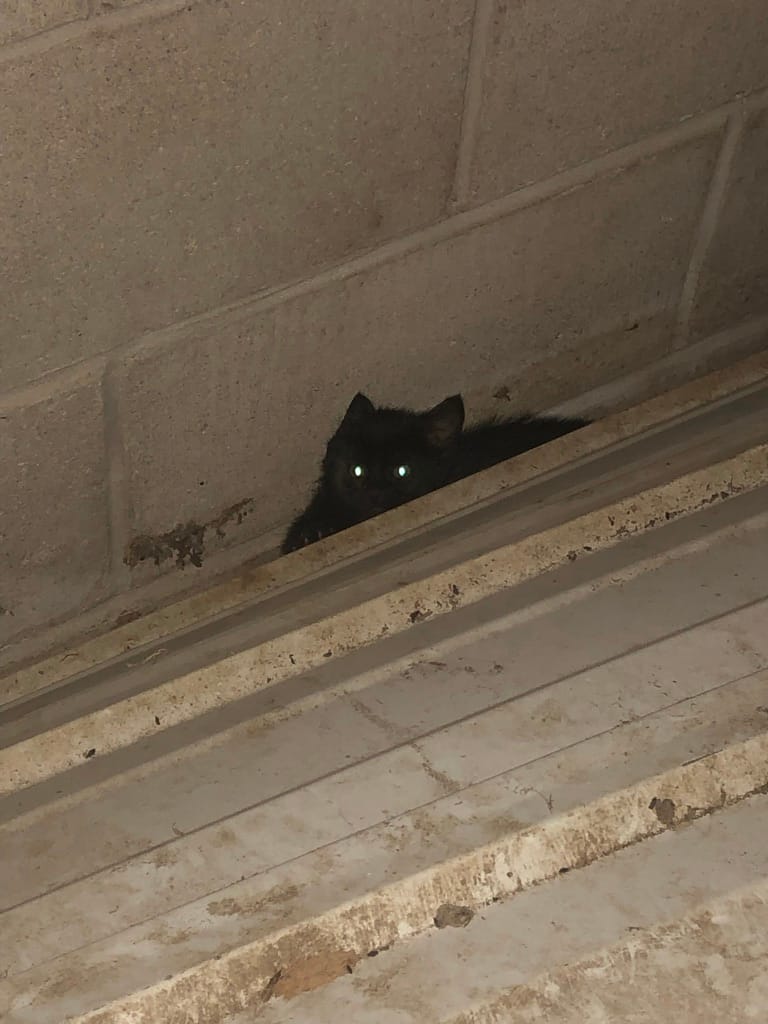
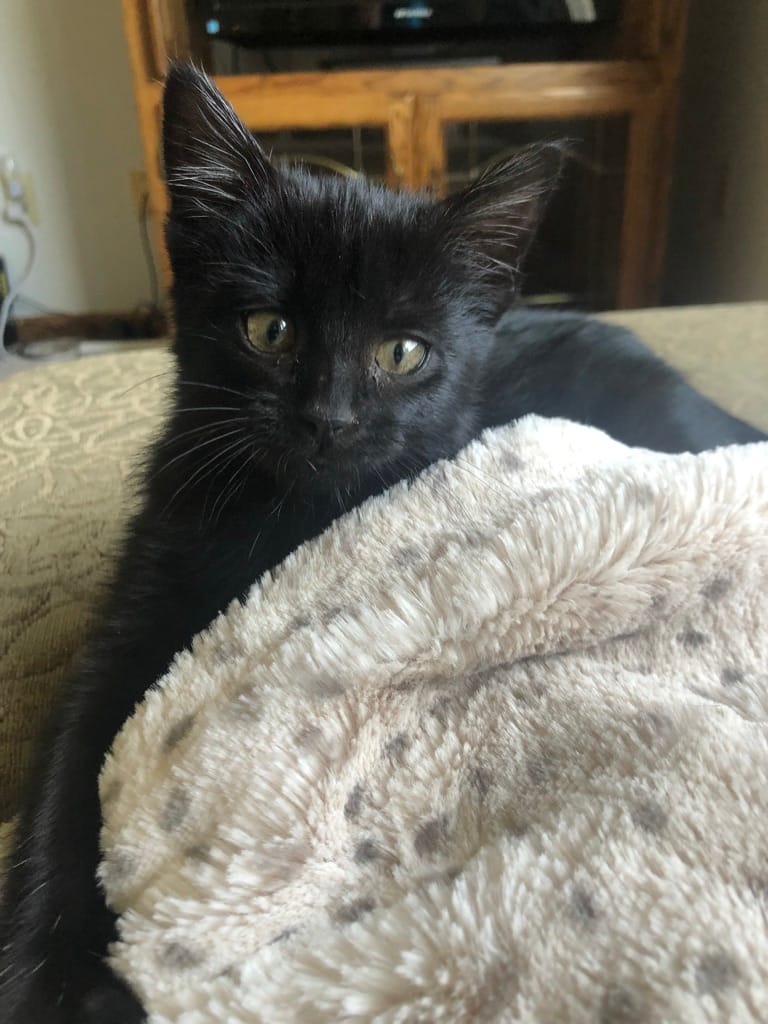
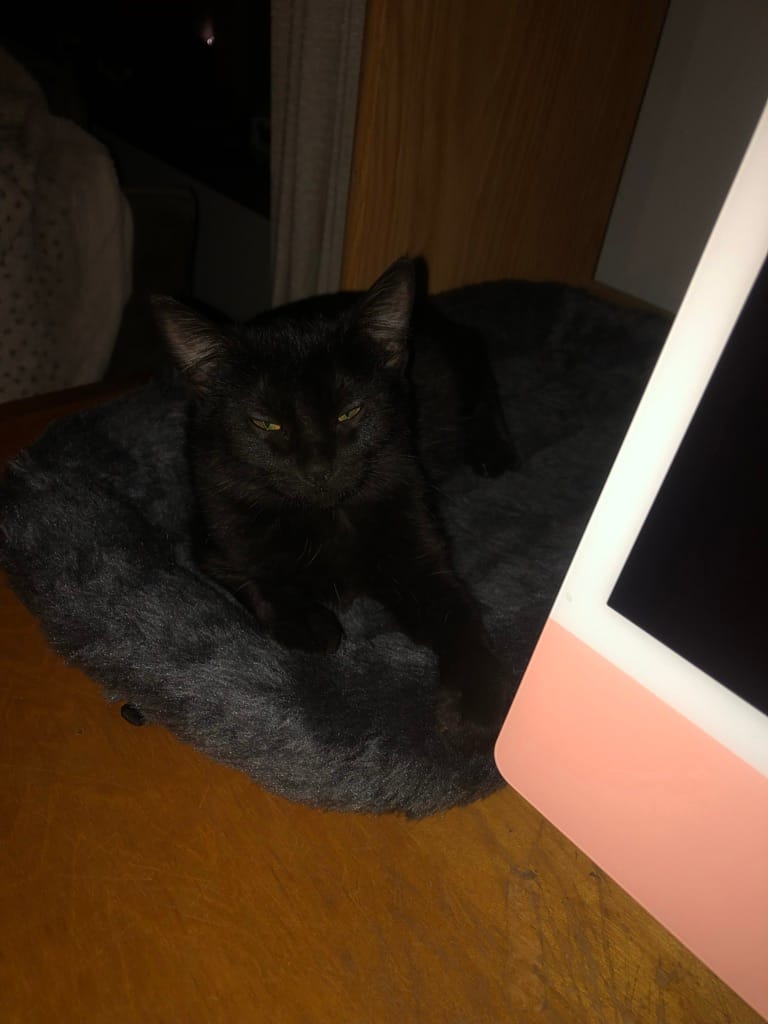
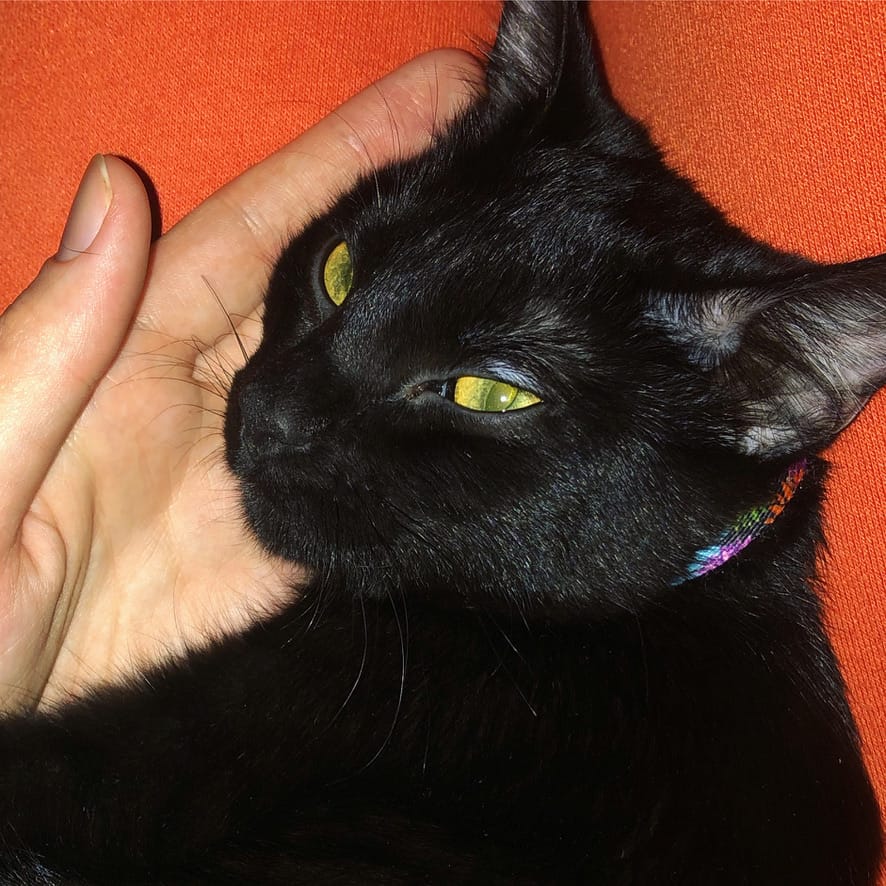
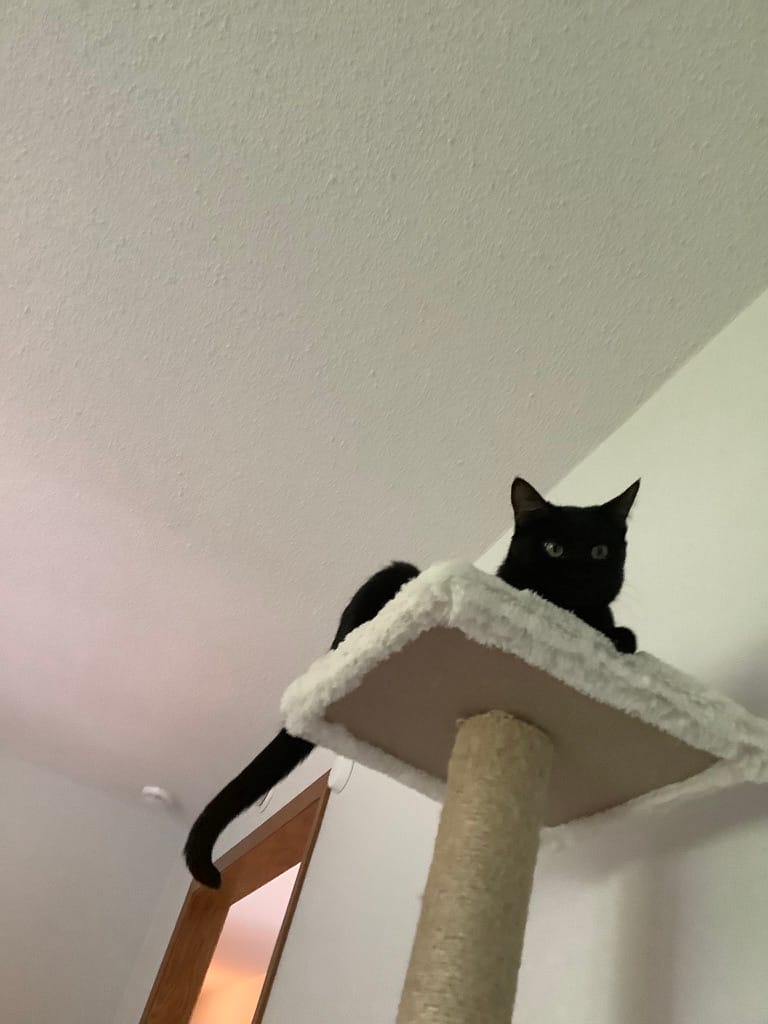
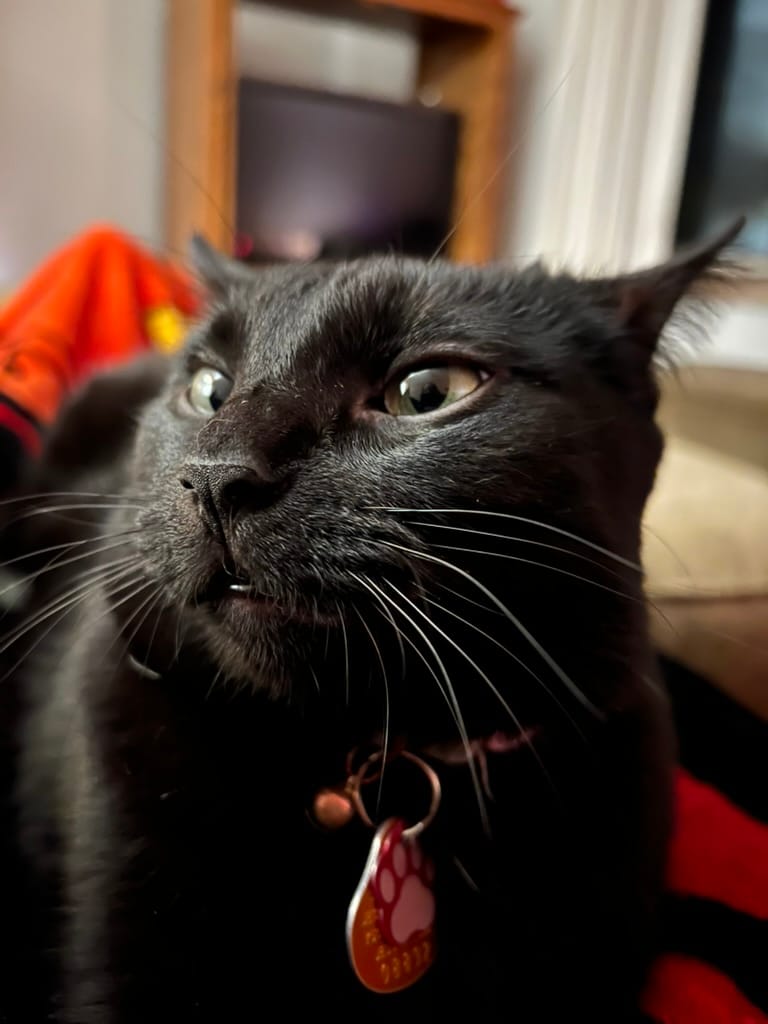
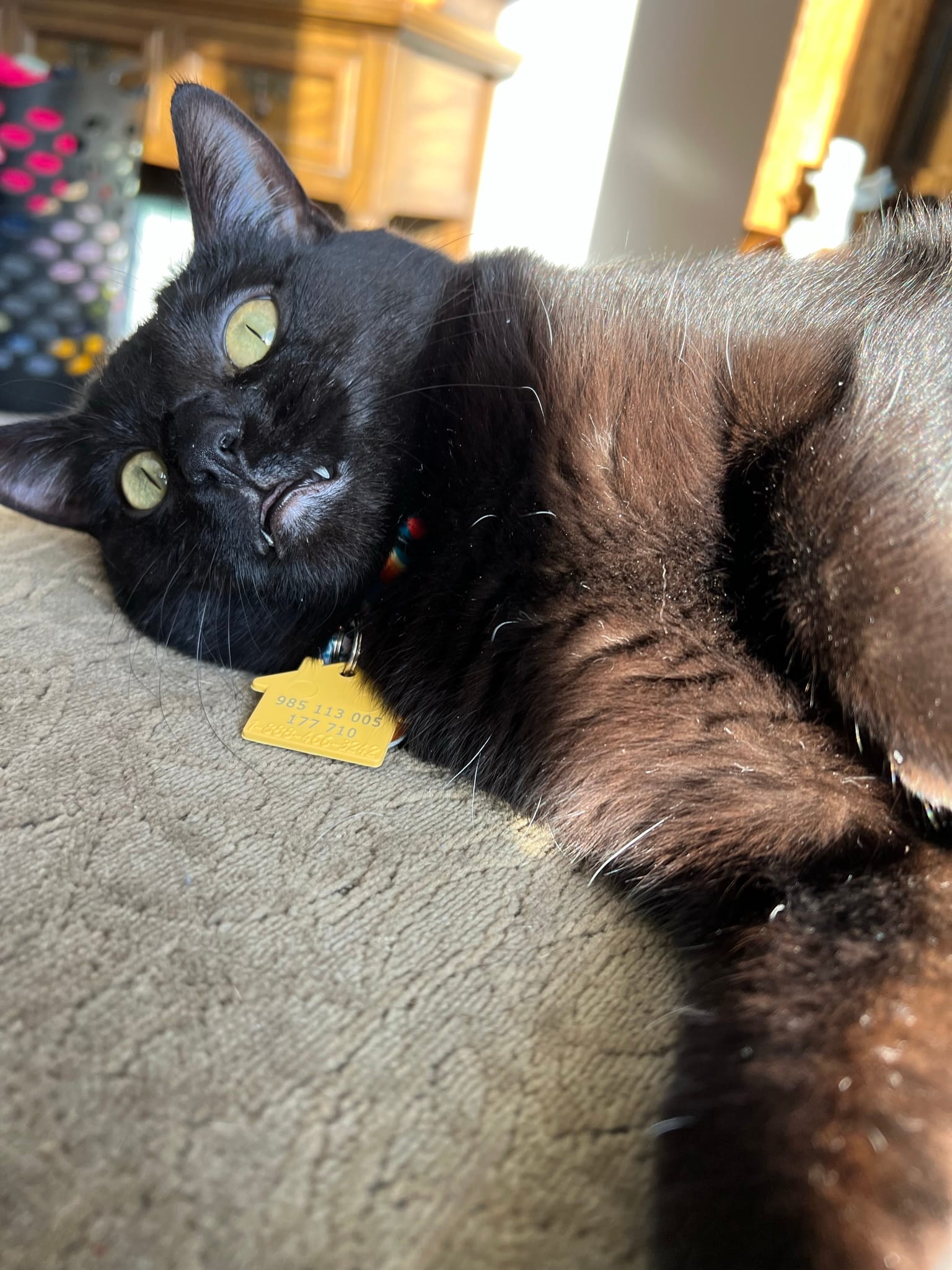
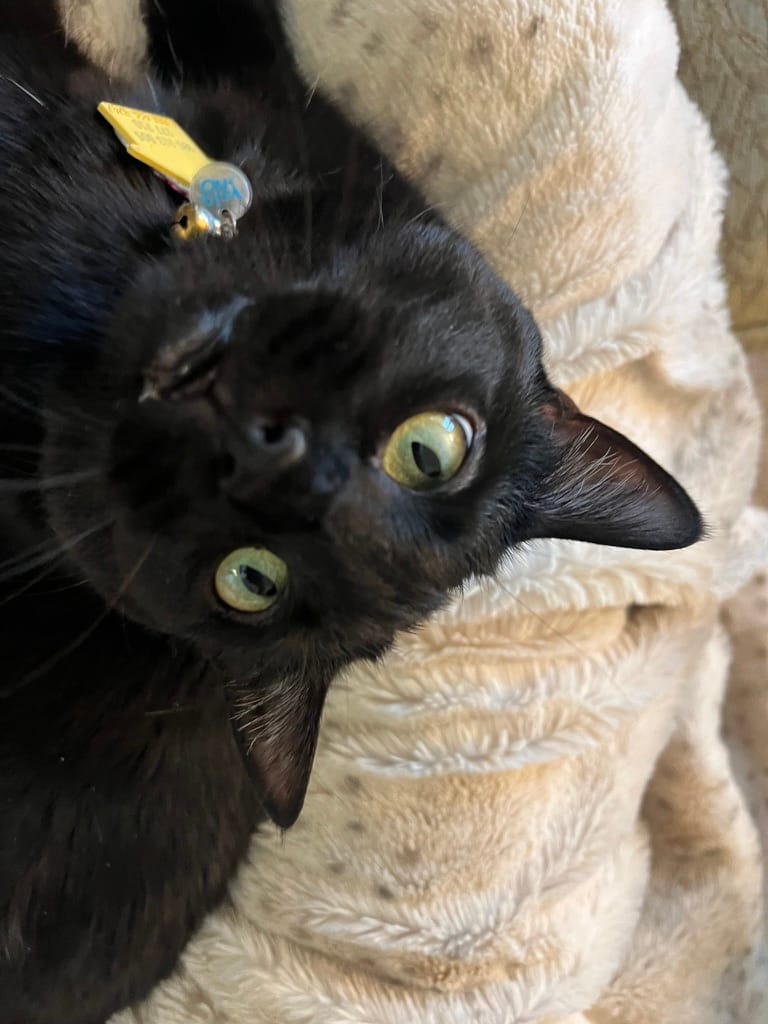
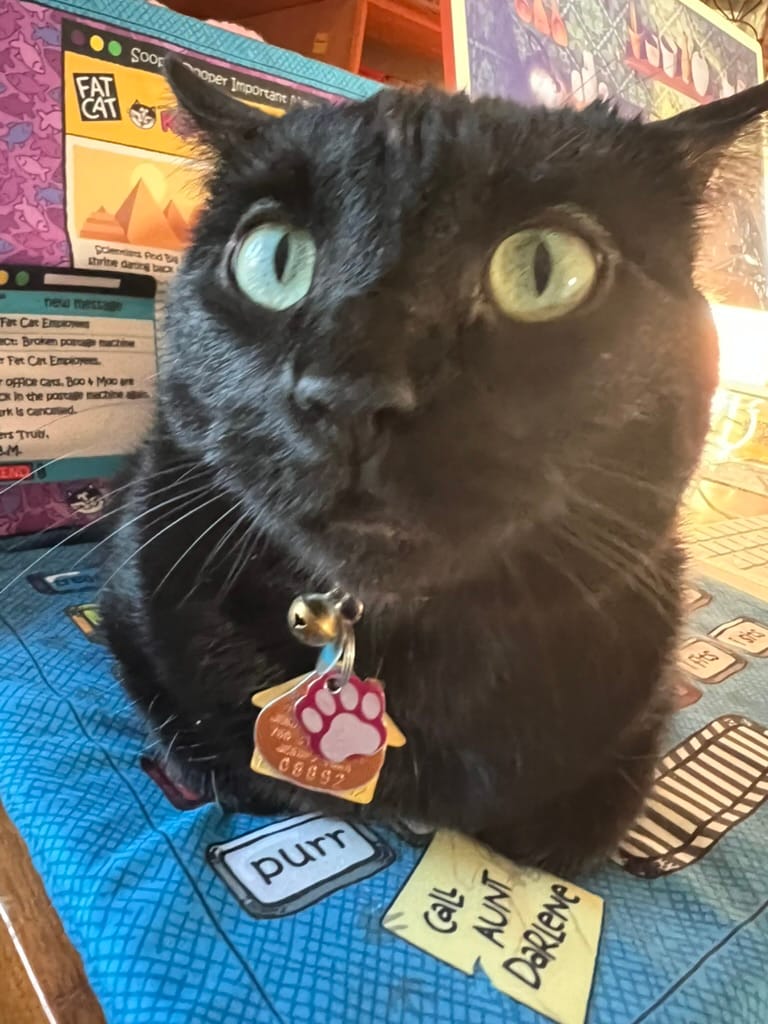
Sabrina McFadden
Meet Sabrina McFadden
Four years ago (2021), my dad noticed Sabrina crying while he was doing farm work by my house. I am not sure why she ended up in my yard, but both of our lives were changed for the better because of it.
Since she was found in October, I was extra careful about keeping her safe during the spooky season. I had her in one of the sheds in my yard for a few weeks until she got her shots. Then, I brought her inside with the rest of my cats.
The funny thing is that she has a lot of personality, and she ended up becoming my largest cat at 10 pounds. The second and third pictures were taken less than two months apart, so she grew quickly.
Four years passed in the blink of an eye. Now, she enjoys watching out the window for me when I come home, cuddling with me, and watching cat TV, as well as whatever Mommy is doing on the computer. She stared at me the entire time I wrote this blog post. She probably knew I was writing about her.
A History of Superstition
The belief that black cats bring bad luck is rooted deep in folklore and fear. In Medieval Europe, cats were already seen as mysterious creatures—prowling silently at night, slipping through shadows, and seemingly appearing out of nowhere. Their dark coats made them even more unsettling, blending seamlessly into the darkness and fueling the imagination of a population that often associated the unknown with danger.
As the fear of witchcraft spread, black cats became entangled in the hysteria. Many believed witches could transform into cats to move unnoticed, or that black cats served as their "familiars"—supernatural companions who aided them in casting spells. If a black cat crossed your path, it wasn't just considered bad luck—it was sometimes taken as an omen that the devil himself was near.
These superstitions were reinforced by cultural storytelling, religious fear, and the human tendency to connect misfortune with symbols of mystery. Over generations, the image of the black cat shifted from a simple household companion to a creature of suspicion. By the time of the witch trials in Europe and Colonial America, owning or even being seen with a black cat could mark someone as a witch in disguise.
Good Luck Charms in Disguise
While black cats were feared in some parts of the world, other cultures celebrated them as powerful symbols of good fortune. In ancient Egypt, cats of all kinds—including black—were sacred. They were closely associated with the goddess Bastet, who represented protection, fertility, and home life. Harming a cat in Egypt was considered a grave crime, and families often kept them not only as companions but as guardians against evil spirits.
In Japan, black cats are still seen as bringers of luck and prosperity. A single black cat crossing your path isn't a curse—it's a blessing. They're believed to ward off evil, attract romance, and bring financial success. The famous maneki-neko (beckoning cat figurine), often seen in shops and restaurants, sometimes features a black version said to protect against misfortune.
Sailors and seafarers also held black cats in high regard. British sailors believed a black cat aboard their ship could ensure a safe voyage and calm seas. Wives of fishermen often kept black cats at home, trusting that their presence would safeguard their husbands while at sea.
Across time and cultures, black cats weren't just neutral companions. They were actively sought after for their supposed power to bless, protect, and guide. Far from being unlucky, they were often considered living talismans, bringing good fortune to those wise enough to welcome them.
Modern-Day Stigma
Unfortunately, the shadow of superstition still lingers. Even in today's world, where we pride ourselves on science and logic, old myths continue to shape how black cats are perceived. Studies and shelter records consistently reveal a troubling pattern: black cats are adopted at lower rates than their colorful counterparts and often spend more time waiting for homes. Some of this may stem from the superstition of "bad luck," but other factors also play a role—such as the mistaken idea that black cats are "plain" or less photogenic in an era dominated by social media snapshots.
The Halloween season adds another layer of concern. Because black cats are so strongly tied to spooky imagery, some shelters have adopted special precautions during October. In certain areas, adoptions of black cats are paused or screened more carefully to ensure they don't fall victim to cruelty, neglect, or adoption as mere "props" for Halloween parties and photoshoots. While these measures are meant to protect, they also highlight the ongoing stigma that surrounds these beautiful animals.
What's most heartbreaking is that these outdated beliefs and cultural biases keep loving, affectionate cats from finding families. Every black cat sitting in a shelter cage is proof that myths can have real-world consequences.
The Truth About Black Cats
So, are black cats really unlucky? The answer is simple: absolutely not. Black cats are just as loving, playful, and full of personality as any other cat. Their glossy, midnight coats and striking eyes give them a mysterious elegance, but this beauty is often misunderstood because of old myths.
The "bad luck" associated with black cats isn't about the cats themselves. It's about the stories people have told for centuries. These myths have led to black cats being overlooked in shelters, passed over by potential adopters, and even mistreated during Halloween. Yet anyone who has spent time with a black cat knows the truth: they can be mischievous, affectionate, and endlessly charming.
Their presence brings warmth, companionship, and, yes, a little magic. Whether curling up in your lap, chasing a toy across the room, or silently observing the world with their enigmatic gaze, black cats embody a quiet elegance that deserves celebration rather than fear. The only real misfortune is that outdated superstitions prevent some of these wonderful animals from finding the loving homes they deserve.
Black cats aren't unlucky. They're mysterious, majestic, and magical companions, waiting for people willing to see past the myths.
How You Can Help
While black cats face unfair stigma, there are meaningful ways you can make a difference.
1. Adopt, don't shop.
If you're thinking about welcoming a feline friend into your home, consider adopting a black cat from a shelter or rescue. By giving a black cat a loving home, you're helping to break the cycle of superstition and providing a deserving animal with a second chance. Many shelters have black cats waiting quietly for someone to see their charm. Your decision would make a positive difference in a lonely, black cat's life.
2. Spread awareness.
Knowledge is powerful. Share the truth about black cats with friends, family, and your community. Talk about how myths and outdated superstitions affect adoption rates and how black cats are just as affectionate, playful, and loyal as any other cat. Social media is also a great platform to post photos, fun facts, or stories celebrating black cats, helping to shift perceptions one post at a time.
3. Celebrate their magic.
This Halloween, instead of associating black cats with bad luck or scary imagery, embrace their mystique. Decorate your home, create fun treats, or even take photos highlighting their elegance and charm. By celebrating black cats as symbols of mystery, magic, and companionship, you're helping to rewrite the story that's been told for centuries.
Even small actions can have a big impact. Every home that opens to a black cat, every conversation that challenges old myths, and every celebration of their beauty helps these amazing animals shine in the way they deserve.
No Bad Luck, Just Purrfection
Black cats aren't unlucky. They've simply been misunderstood for far too long. The next time one crosses your path, think of it as a gentle reminder of how stories and superstitions can shape our beliefs, often unfairly. Instead of seeing them as ominous or spooky, let's celebrate black cats for the loving, playful, and enchanting companions they truly are.
Take Sabrina and Patches, for example. Sabrina, a sad, black kitten, won my heart with her cuddles and love. Patches most likely got hurt around Halloween and her one eye earned her a forever home because I tend to adopt cats with disabilities.
So this October (and all year long), let's shift the narrative. Black cats are not harbingers of misfortune. They're purrfectly wonderful friends who deserve love, attention, and cozy laps to curl up on.
More Compassion in Motion
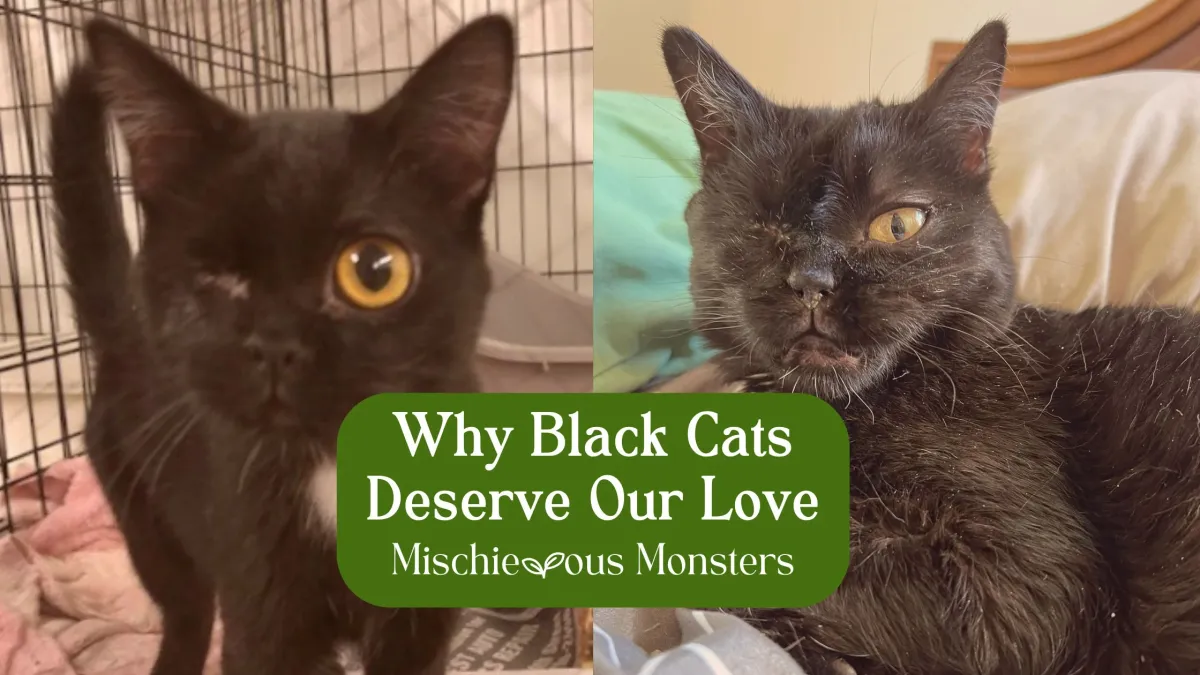
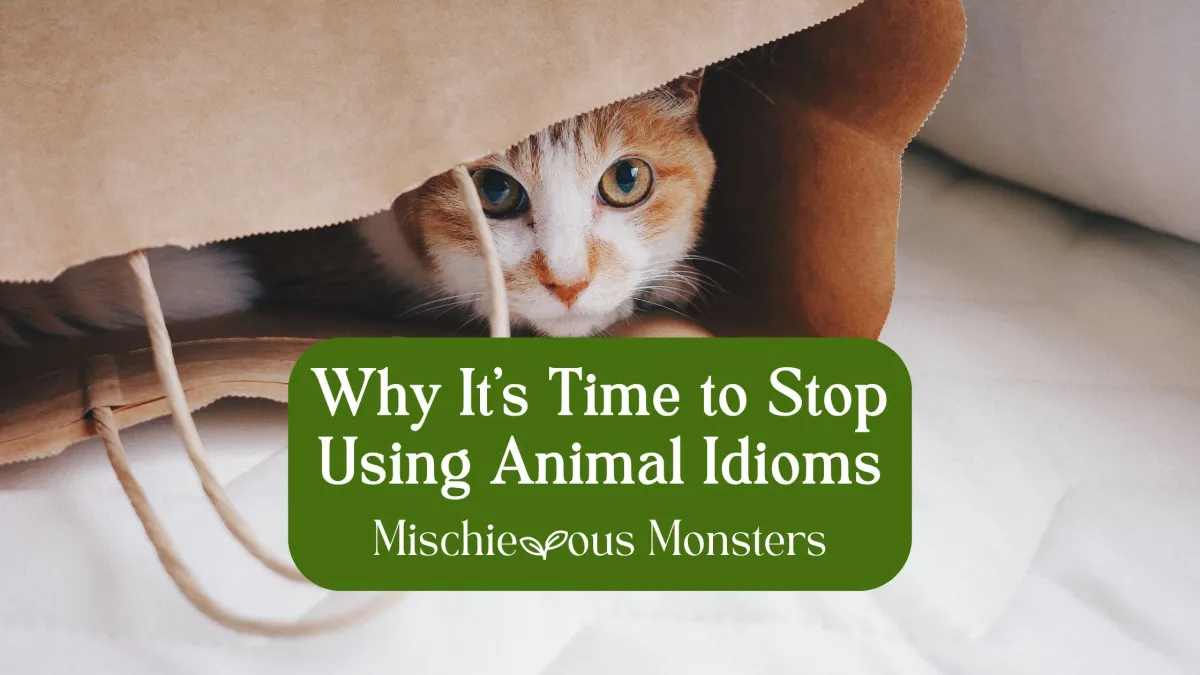
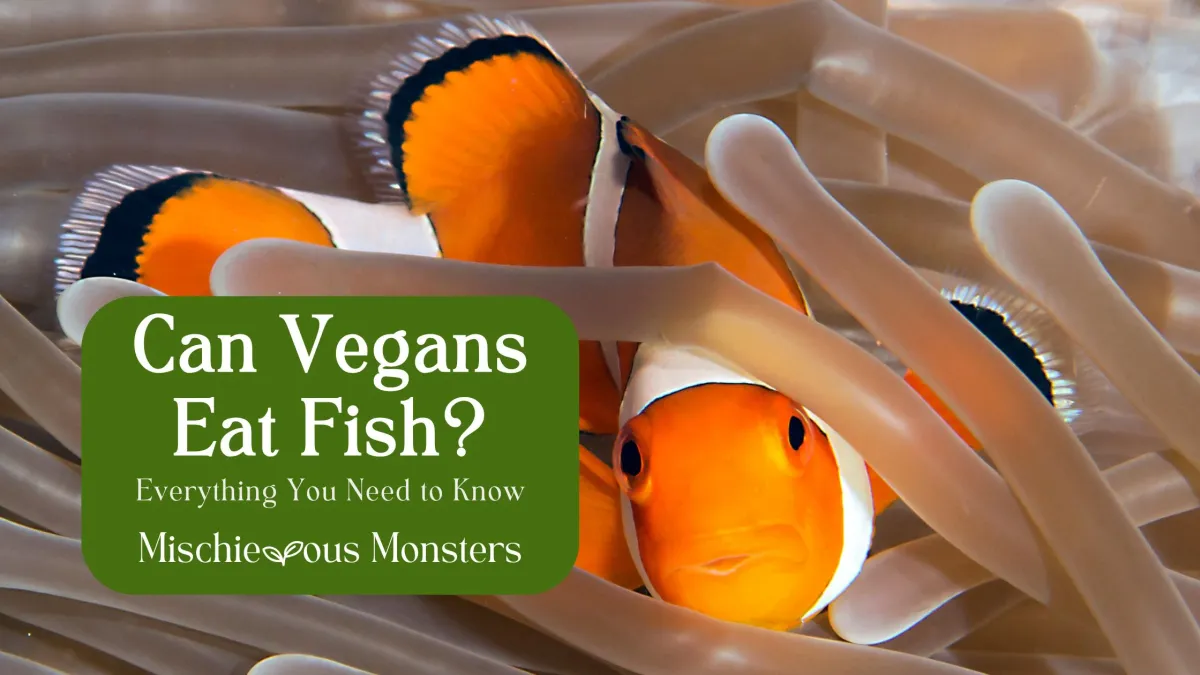
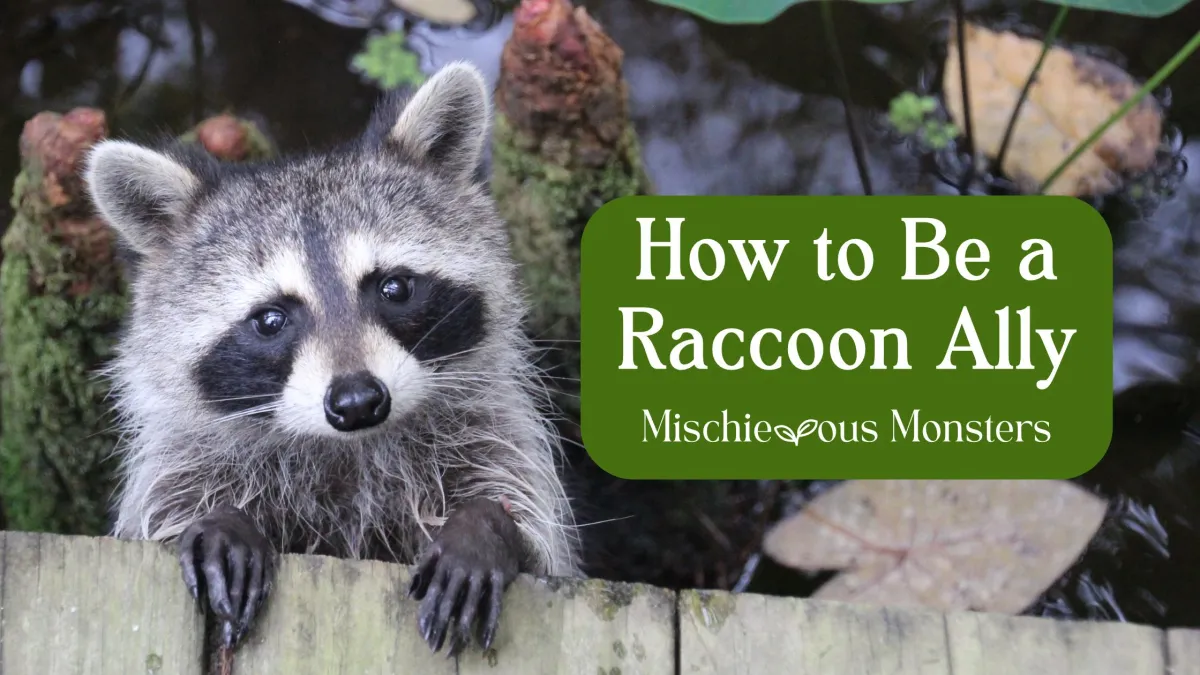
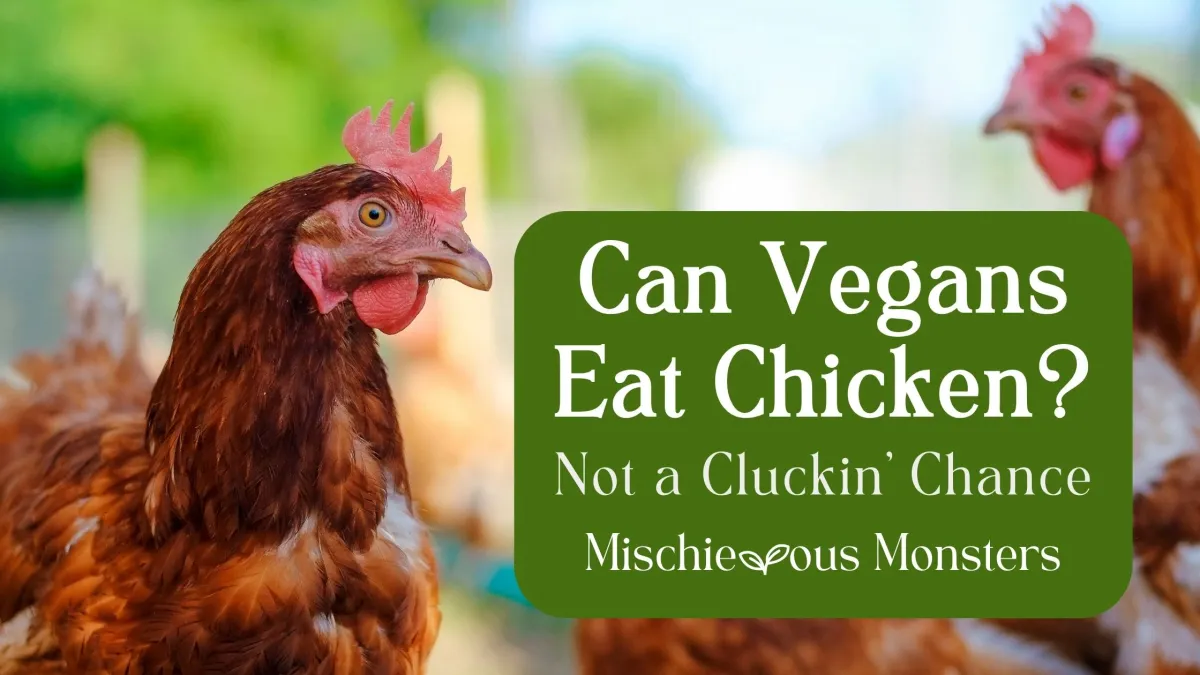
More Halloween Ideas
